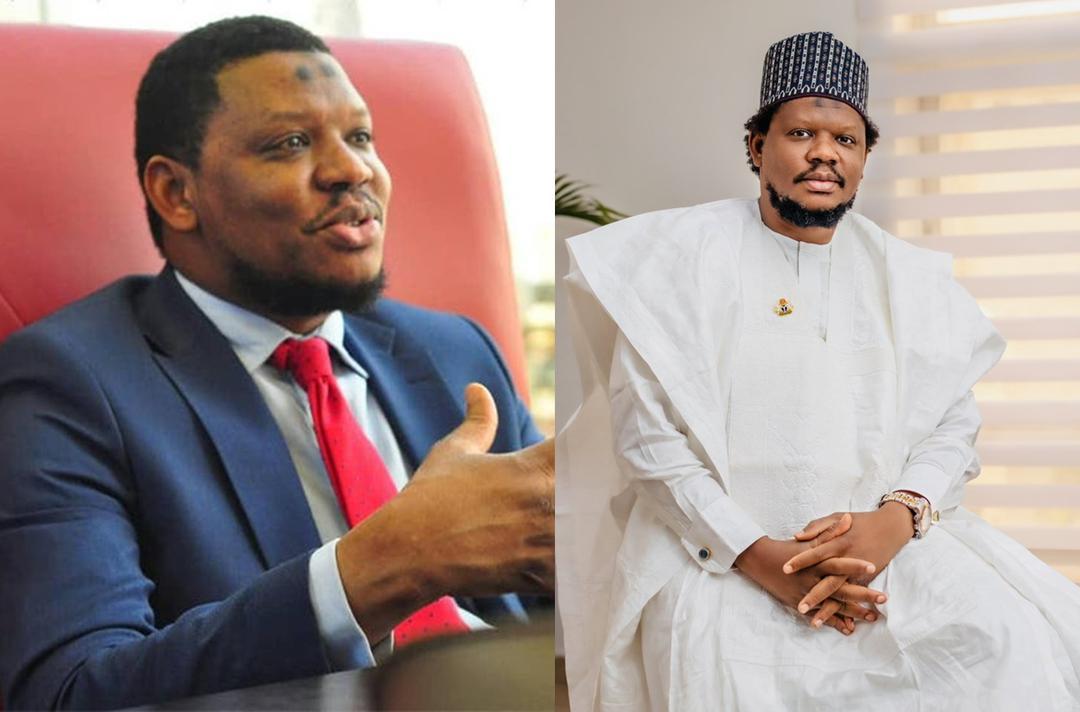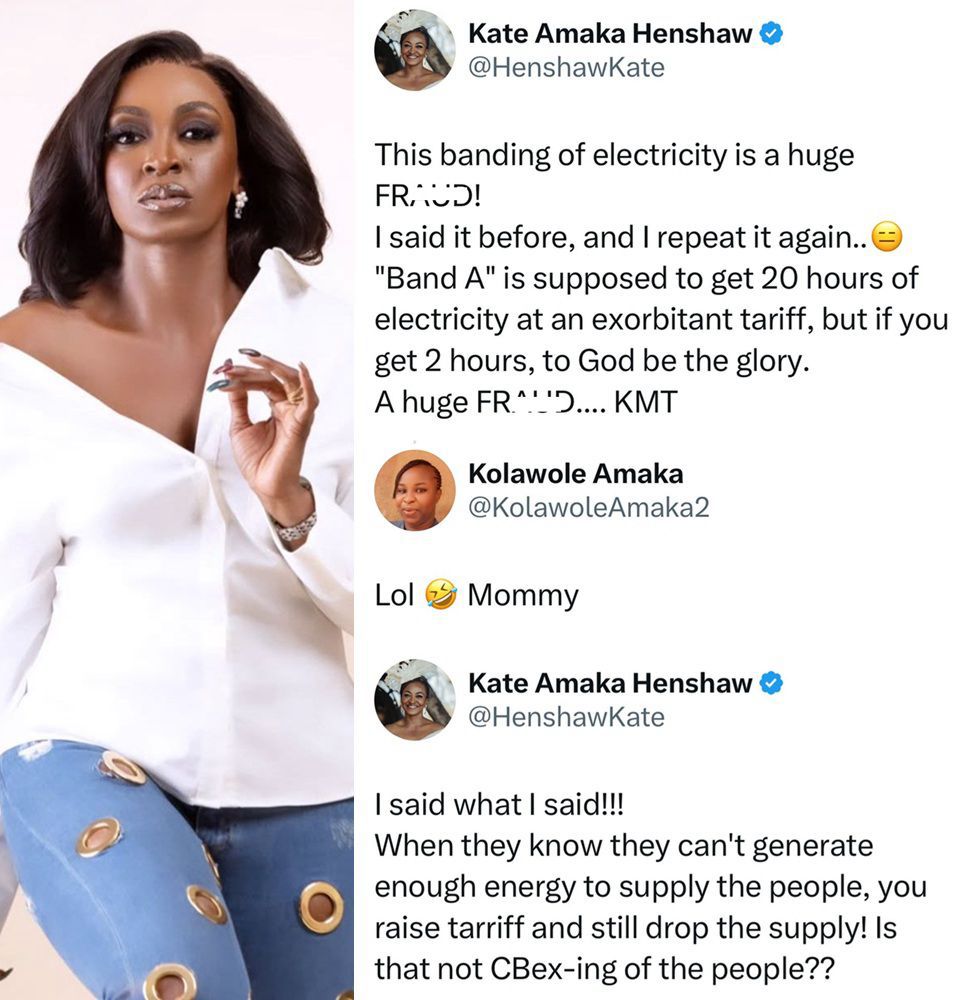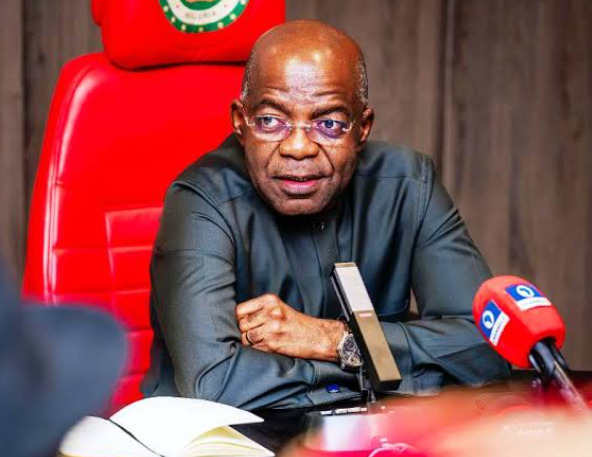
“This Is Pure Genocide” — Adamu Garba Cries Out Over Ongoing Killings Across Nigerian Villages
Outspoken All Progressives Congress (APC) chieftain, Adamu Garba, has sparked widespread debate and outrage following his strong condemnation of the persistent killings in rural communities across Nigeria. In an emotional outburst that has since gone viral, Garba lamented what he described as the “systematic extermination of innocent villagers” who are
Outspoken All Progressives Congress (APC) chieftain, Adamu Garba, has sparked widespread debate and outrage following his strong condemnation of the persistent killings in rural communities across Nigeria. In an emotional outburst that has since gone viral, Garba lamented what he described as the “systematic extermination of innocent villagers” who are being slaughtered in their sleep, calling it nothing short of “pure genocide.” His words have reignited conversations about insecurity, government accountability, and the troubling silence that has clouded one of Nigeria’s most pressing humanitarian crises.
“When you look at the number of people that have been killed overtime in villages, sleeping in their homes, defenseless, then what can you call it? I think it is pure genocide,” Garba said with visible frustration. His statement comes at a time when the nation is once again reeling from reports of deadly attacks in several states, particularly in the North Central and North West regions, where bandits and armed groups continue to terrorize rural communities almost unchallenged.
Garba’s words cut deep, not just because of the gravity of the term “genocide,” but because they came from a high-ranking member of the ruling party—someone who many believe should have access to power and influence to shape solutions. His admission that the situation has reached genocidal levels paints a grim picture of a country whose security architecture seems to have failed its most vulnerable citizens. For years, villages in states like Plateau, Benue, Zamfara, Kaduna, Niger, and Taraba have endured wave after wave of coordinated attacks that leave behind a trail of blood, grief, and mass displacement. Yet, despite numerous security summits, military deployments, and government reassurances, the killings persist—often with little or no justice for the victims.
Many Nigerians, particularly those from the affected regions, have welcomed Garba’s statement as an overdue acknowledgment of the severity of the situation. On social media, reactions poured in from citizens who have grown weary of government rhetoric and promises that never materialize. Some users commended him for “speaking the truth despite being in the ruling party,” while others challenged him to go beyond words and push for actual legislative or policy changes that would address the carnage. “It’s not enough to call it genocide,” one user wrote, “What are you, as part of the system, doing to stop it?”
This frustration is not misplaced. Over the years, the killings have become almost routine, each one followed by statements of condemnation, promises of investigations, and then silence. Meanwhile, villages are wiped out overnight, families displaced, and entire communities abandoned by both local and federal authorities. The most haunting part is that many of these victims die in their sleep, unarmed, and unprotected—men, women, and children alike—slaughtered by attackers who seem to operate with impunity.
Garba’s choice of words, “pure genocide,” has stirred heated discussions about the framing of the violence. While some believe the term accurately reflects the scale and targeted nature of the attacks—especially against specific ethnic and religious groups—others argue that using the word “genocide” carries serious international implications and should be applied carefully. Yet, for those who have lost loved ones and entire communities, the semantics matter little. What they see and live daily feels like a deliberate and systematic attempt to erase them.
In the past decade, thousands have been killed in similar circumstances. Villagers have narrated stories of being attacked at night, their homes set ablaze, livestock stolen, and survivors forced to flee to overcrowded camps or neighboring towns. Many say they rarely see security forces until after the attackers have vanished. Even then, arrests are rare, prosecutions even rarer. With each incident, the sense of hopelessness grows, and trust in government dwindles.
Garba’s remarks have also reignited questions about what exactly the federal and state governments are doing to stem the bloodshed. While the military often announces successful operations against “bandits” or “terrorists,” the impact of these efforts remains largely invisible to the people on the ground. In some cases, villagers claim they have been left to form their own vigilante groups for self-defense, a dangerous trend that often spirals into cycles of revenge attacks.
The situation is further complicated by the complex web of ethnic tensions, land disputes, political manipulation, and the proliferation of small arms across the region. Many analysts argue that what began as clashes over grazing routes and farmlands has evolved into a full-blown security crisis driven by terrorism, criminality, and deep-seated mistrust among communities. The government’s inability—or unwillingness—to draw a clear line between these overlapping conflicts has only worsened the crisis.
Adamu Garba’s emotional tone suggests that even insiders are beginning to lose patience with the system’s inertia. His statement, though brief, reflects a growing realization that the killings can no longer be dismissed as “banditry” or “farmer-herder clashes.” The sheer scale of destruction, the consistency of the attacks, and the targeting of defenseless populations all point to something far more sinister. “When people are being killed for no reason, and the government keeps promising without acting, what do we call it?” Garba’s question echoes the thoughts of millions of Nigerians who have become numb to tragedy.
International human rights organizations have long warned that Nigeria risks sliding into a humanitarian catastrophe if the government continues to treat these mass killings as isolated incidents. Reports from groups like Amnesty International and Human Rights Watch have documented widespread atrocities, including mass graves, village burnings, and systematic displacement. Yet, official responses often focus more on dismissing these reports than addressing their findings.
For Garba to use the term “genocide” may be a turning point—a challenge to the government to face the truth and act decisively. It also serves as a reminder that beyond the politics, real human lives are being lost. Children are being orphaned, women widowed, farmlands abandoned, and entire communities erased from the map.
As the conversation grows, one thing remains painfully clear: words alone will not bring justice or safety. What Nigerians are demanding is action—decisive, coordinated, and sustained action that prioritizes human life above political interests. Adamu Garba’s statement may have opened the door for that conversation, but whether it leads to genuine change remains to be seen.
For now, his haunting words continue to echo across the nation, stirring both anger and reflection. “Pure genocide,” he said—and for countless families mourning loved ones, that may be the most honest description anyone from the corridors of power has dared to say out loud.
Share this post
Related Posts

\"Electricity Banding Is a Huge Scam!\" – Kate Henshaw Blasts Power Tariff Hike Amid Poor Supply
Nigerian actress and vocal social critic, Kate Henshaw, has once again taken to social media...

“If Men Keep Toasting You, Sit Down And Ask What You’re Doing Wrong” — Grace Ofure Sparks Heated Debate With Podcast Comment
Nigerian businesswoman and life coach, Grace Ofure, has once again stirred the digital beehive after...

Southeast Tension Deepens as Governor Otti Shuts Tinubu’s ‘Renewed Hope Partners’ Office in Umuahia
In a dramatic twist that has intensified the already charged political atmosphere in the Southeast,...